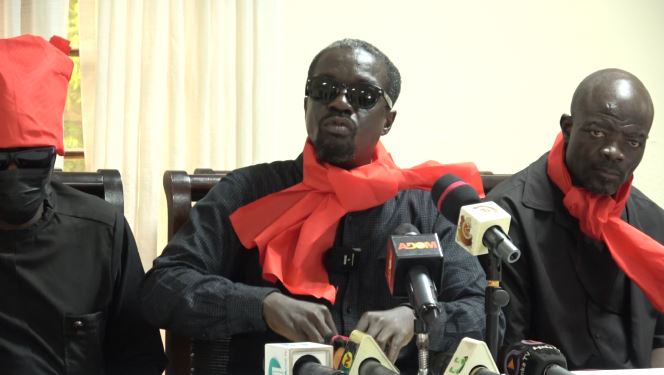Mr. Kwame Owusu Danso (KOD), the Vice-Presidential candidate of the Movement for Change, has voiced significant concerns about Ghana’s political landscape, attributing part of the problem to the media’s role.
He argues that the duopolistic system dominated by the National Democratic Congress (NDC) and the New Patriotic Party (NPP) has impoverished the nation, and instead of serving as guardians of democracy, the media has become complicit in sustaining this imbalance.

“For the past 32 years, Ghana’s political space has been monopolized by these two parties,” KOD lamented. “The state of our country—both its successes and failures—reflects the cumulative impact of their governance.”
He pointed out the paradox of Ghana’s wealth in human and natural resources amid persistent poverty, noting, “This is the 17th time we’ve had to seek help from the International Monetary Fund (IMF) to survive. We cannot be the leading gold producer in Africa and still be poor. This situation is inexcusable,” he stated in an exclusive interview with GNA.
As a member of the media fraternity himself, KOD expressed frustration over the systemic issues facing the country, emphasizing that the root of the problem lies not in a lack of resources but in a flawed political system. “It is disheartening,” he said.
“We possess all the necessary human and natural resources, yet we continue to struggle.
The issue isn’t what we have; it’s the system that has been deliberately constructed. A system that fails to utilize its best talents and minds cannot be deemed sustainable. For the last 32 years, we’ve operated under a system that benefits a select few while marginalizing the majority.”
KOD specifically criticized the media for its role in enabling what he termed an “eight-year cycle of state capture” between the NPP and the NDC, asserting that the press has contributed to the perpetuation of this political dynamic.
“The media has unintentionally – or maybe even intentionally – set the stage for this political duopoly to continue, possibly in perpetuity. Just listen to the discussions on our radio and television stations and you’ll understand what I’m talking about. They’ve shut the door on the idea of an independent president or any alternative third force, even though our constitution clearly makes room for it.”
“It seems that no matter how intelligent, competent, visionary, or credible a person is, they can never lead this country unless they contest on the ticket of either of the two main political parties. How can that be a sustainable system? No wonder we are where we are.”
KOD emphasized that the problem extends beyond politics, pointing out that some of the brightest minds and talents in Ghana remain outside the political sphere due to the narrowness of the current system. “Our finest and brightest talents are obviously outside the political space,” he said. “Until we get a system that allows us to fully harness their talents and minds for development, we will be running in circles, going nowhere.”
Touching on the consequences of this entrenched duopoly, KOD did not mince words. “We have created a winner-takes-all system that has fostered state capture between these two parties. Every eight years, we alternate power between the NDC and NPP, while the majority of Ghanaians remain in poverty. Meanwhile, the media keeps fueling this unfortunate situation, perhaps without even realizing it.”
KOD’s final words carried a deep sense of urgency and frustration. “We cannot continue like this. The media must take its role as the fourth estate seriously and stop enabling the status quo. If we don’t break this cycle, Ghana will never rise to its full potential. We owe it to the people to change this narrative. The time to change it is now”
In a nation that prides itself on democracy, KOD’s powerful critique resonates as a wake-up call for the media and the entire political landscape. As he eloquently put it, “Until we create a system that allows all of Ghana’s best minds to lead and contribute, we will remain trapped in this vicious cycle of poverty and underdevelopment.”




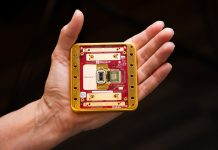








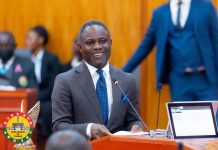

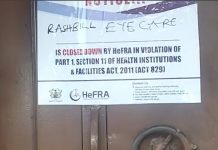
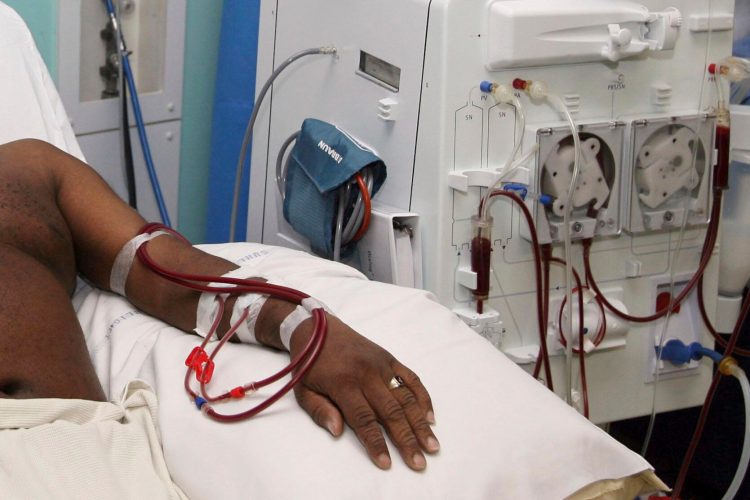

















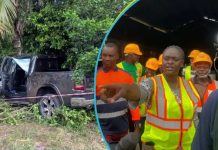
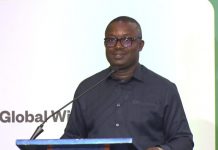

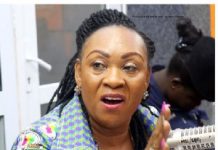

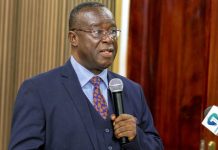
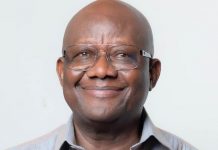
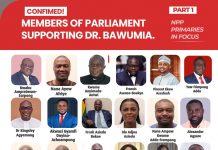







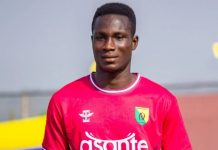





![[FREE FREE MONEY] Predict and Win a Guaranteed GH¢200 From Us EVERY WEEK](https://wordpress.ghanatalksradio.com/wp-content/uploads/2022/02/Predict-and-Win-Final-09-03-2021-218x150.jpg)
![[Predict & Win – 8th/Oct.] WIN A Guaranteed ¢200 From Us This Week](https://wordpress.ghanatalksradio.com/wp-content/uploads/2021/10/maxresdefault-16-218x150.jpg)
![[Predict & Win – 2nd] WIN A Guaranteed ¢200 From Us This Week](https://wordpress.ghanatalksradio.com/wp-content/uploads/2021/09/maxresdefault-50-218x150.jpg)
![[Predict & Win – 25th] WIN A Guaranteed ¢200 From Us This Week](https://wordpress.ghanatalksradio.com/wp-content/uploads/2021/09/maxresdefault-36-218x150.jpg)
![[Predict & Win – 18th] WIN A Guaranteed ¢200 From Us This Week](https://wordpress.ghanatalksradio.com/wp-content/uploads/2021/09/maxresdefault-23-218x150.jpg)

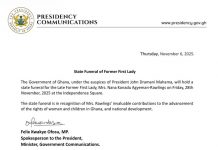








![[National cathedral] See full list of churches that have contributed since 2018](https://wordpress.ghanatalksradio.com/wp-content/uploads/2020/09/Ghana-National-Cathedral-GhanaTalksRadio-100x70.jpg)

